Portugal’s mortgage market offers a range of options for both residents and non-residents. Here’s a detailed breakdown of the process:
1. Pre-Approval
- Gather Documents: Collect essential documents such as proof of income, employment, residency, and identity.
- Credit Check: Lenders will assess your creditworthiness to determine your eligibility for a mortgage.
- Pre-Approval: If approved, you’ll receive a pre-approval letter outlining the maximum loan amount you can qualify for.
2. Property Search
- Identify Your Needs: Determine your desired property type, location, and budget.
- Consult a Real Estate Agent: Professionals can guide you through the property market and assist in negotiations.
- Consider Property Taxes and Fees: Factor in additional costs like property tax, transfer tax, and notary fees.
3. Mortgage Application
- Choose a Lender: Compare interest rates, terms, and conditions from various banks and mortgage brokers.
- Submit Application: Provide the required documentation to the chosen lender.
- Mortgage Appraisal: The lender will arrange for a professional appraisal to assess the property’s value.
4. Loan Approval
- Underwriting Process: The lender will review your application and supporting documents to determine your eligibility for the loan.
- Loan Approval: If approved, you’ll receive a loan approval letter detailing the terms and conditions of the mortgage.
5. Negotiate Terms
- Interest Rate: Discuss the interest rate type (fixed or variable) and any potential discounts or promotions.
- Loan Term: Determine the length of the mortgage term (e.g., 20, 30 years).
- Repayment Schedule: Choose between monthly, bi-weekly, or weekly payments.
- Additional Costs: Negotiate fees like origination fees, appraisal fees, and closing costs.
6. Property Purchase
- Contract Signing: Once the terms are agreed upon, you’ll sign the purchase contract with the seller.
- Down Payment: Make the required down payment, which typically ranges from 20% to 30% of the property’s value.
- Escrow Account: Set up an escrow account to hold funds for property taxes, insurance, and other recurring expenses.
7. Closing Process
- Title Search: Ensure the property’s title is clear and free of any liens or encumbrances.
- Closing Documents: Sign the final mortgage documents and closing papers.
- Disbursement of Funds: The lender will disburse the loan funds to the seller, and you’ll officially become the property owner.
8. Mortgage Payments
- Regular Payments: Make your monthly mortgage payments on time to avoid late fees and interest accrual.
- Consider Prepayment: Explore options for prepaying your mortgage to reduce the overall interest paid.
Additional Considerations for Non-Residents:
- Visa Requirements: Ensure you meet the visa requirements for purchasing property and obtaining a mortgage in Portugal.
- Currency Exchange: Consider the potential impact of currency exchange rates on your mortgage payments.
- Local Laws and Regulations: Familiarize yourself with Portugal’s specific laws and regulations regarding foreign property ownership and mortgages.
Seeking Professional Advice: It’s highly recommended to consult with a qualified mortgage broker or financial advisor who specializes in the Portuguese market. They can provide personalized guidance, assist with the application process, and help you find the best mortgage options tailored to your needs.

